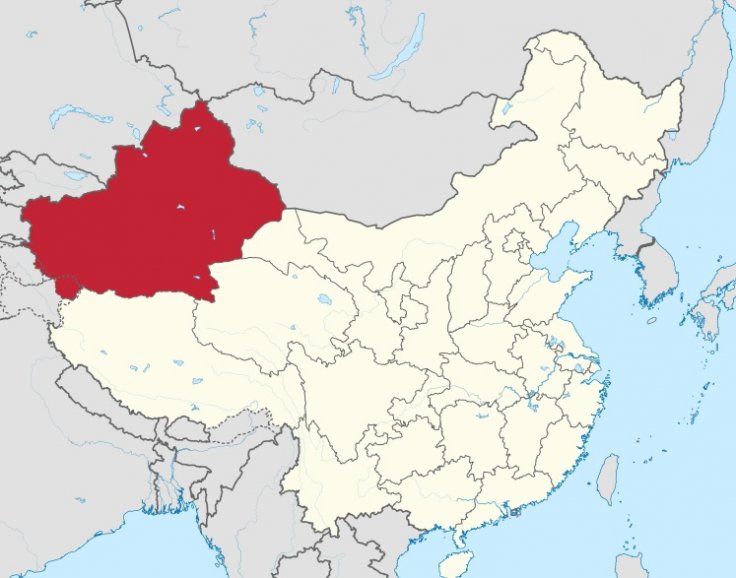The U.S. authorities have seized a shipment of human hair products from China recently. As per the U.S. officials, the shipment is believed to have been produced by Muslims in labor camps located in far western Xinjiang province.
As per the U.S. Customs and Border Protection (CBP) officials, the shipment included 13 tons of weaves and other hair products, worth around $800,000. Brenda Smith, executive assistant commissioner of CBP's office of trade said that the production of these items constitutes a very serious human rights violation.
He added that the detention order is intended to send a clear and direct message to all entities seeking to do business with the U.S. that illicit and inhumane practices will not be tolerated in the U.S. supply chains.

However, the authorities in the U.S. did not say whether the hair itself came from children or prisoners in China, merely that the products were made by them. The items came from a company in China's Xinjiang, which, the U.S. agency said, indicated "potential human rights abuses of forced child labor and imprisonment." CBP detained these goods at the Port of New York and New Jersey.
This is the second time in 2020 that CBP has slapped a detention order on the shipment of Chinese hair products, based on the suspicion that the people who make these items face human rights abuse. In May, authorities detained another shipment from Hetian Haolin Hair Accessories Co Ltd, although the officials said that those weaves were synthetic, not human. In June, the agency issued a detention order for all products that belong to Xinjiang's Lop County Meixin Hair Product Company.
The Human Rights Violation
Earlier, the Uyghur Human Rights Project, and researcher Adrian Zenz published the "Karakax list," a spreadsheet leaked by an unnamed source providing details on 331 people and their families caught in Xinjiang's dragnet.
In 2018, Human Rights Watch described CCP's mass arbitrary detention, torture, forced political indoctrination, mass surveillance of Xinjiang's Muslims and documented the collection of biometrics from DNA to voice samples, as well as their use of the data to track down residents in the region.

In 2019, Chinese officials stated that people who were at "vocational training centers" in China's Xinjiang have all "graduated," while Uighurs and other predominantly Muslim ethnic minorities from the region said that their family members continue to be arbitrarily detained in camps and prisons.
The claims that millions of Muslims have been released, however, ring hollow as evidence suggested that some of them are now subject to forced labor, said the organization. Many relatives of the camp detainees told Human Rights Watch that they have no contact with the family members in Xinjiang. The mass surveillance system in the region also tightly controls the movement of Xinjiang's purportedly "free" residents.
The Products from Xinjiang
A Uighur American activist, Rushan Abbas, whose sister went missing in China, told The Guardian that her sister is believed to be locked in a detention camp. So, women who use hair weaves should think about who might be making them, said Abbas. "I want people to think about the slavery people are experiencing today. My sister is sitting somewhere being forced to make what, hairpieces?"
Earlier reports have revealed that people inside the internment camps and prisons, which many activists call "black factories", are making sportswear and other clothing for popular U.S. brands. But as per the Chinese government, there is no "forced labor," nor detention of ethnic minorities. China said these accusations are false and malicious.








